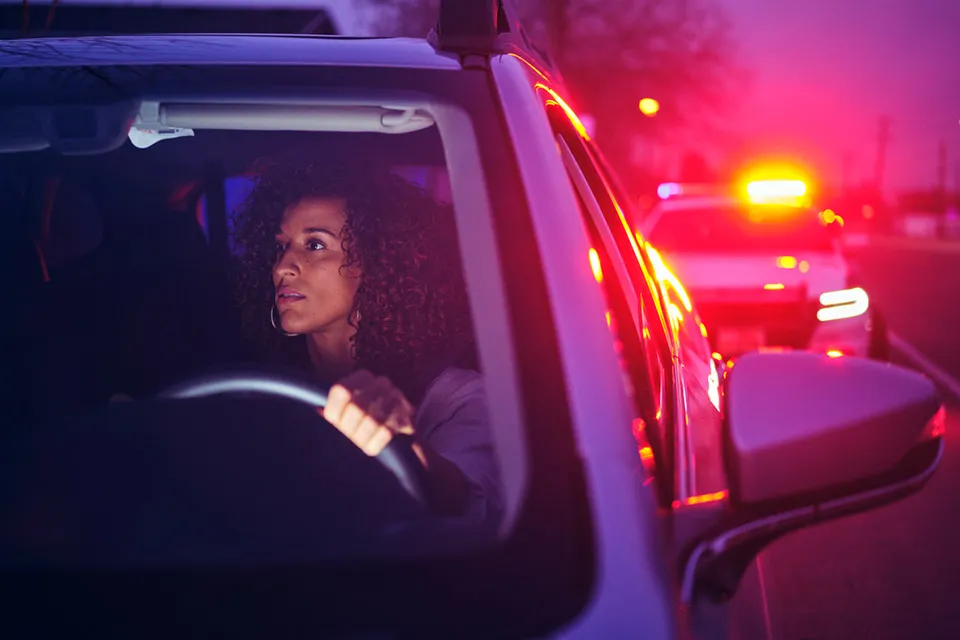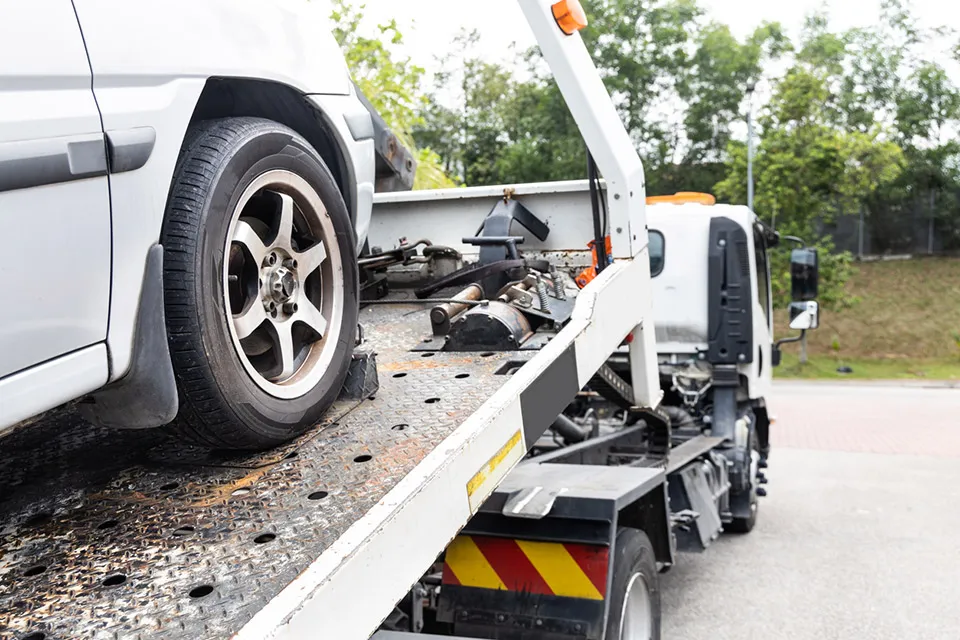

In almost all nations throughout the world, driving an unregistered vehicle is a serious offense. Operating an unregistered car on a public road in the United States is illegal according to state regulations. The consequences for using an unregistered car vary depending on the state and the specifics of the act but often involve fines, the vehicle being impounded, and, occasionally, criminal prosecution. Nonetheless, there are several circumstances in which a motorist can be allowed to operate an unregistered vehicle as long as they have the required permits and strictly adhere to the rules and regulations set forth by their local government. Take a ride with the experts here at GoodCar while we look through the times where operating an unregistered vehicle may be legal.
An unregistered vehicle is a vehicle that has not been registered with the appropriate government agency responsible for motor vehicle registration. In the United States, this agency is usually the Department of Motor Vehicles (DMV) or a similar state agency. Vehicle registration is required by law in all 50 states, and failure to register a vehicle can result in penalties and fines.
There are numerous reasons why vehicle registration is critical. It first offers a way to identify the owner of a vehicle, which is crucial for taxes, insurance, and law enforcement reasons. Secondly, vehicle registration assures that the vehicle complies with specific safety and emissions regulations, preserving the wellbeing and safety of the general public. The ability to track the number of cars on the road, which aids in traffic management and infrastructure planning, is another benefit of vehicle registration.
Some states also have police cars that also scan license plates through ALPR, or Automatic License Plate Recognition scans. If you are driving around with a vehicle that has an expired registration, police may pull you over so they can force you to update the registration by means of a ticket. This update is important because states want to have the most current information on file should your vehicle ever be involved in an accident or crime. That way, they know who to contact.

Penalties for driving an unregistered vehicle vary depending on the state and circumstances of the offense. In nearly every state of the union, driving an unregistered car is often a traffic infraction that carries a hefty fine of several hundred dollars. In some circumstances, the car could be towed and impounded until the owner can show registration documentation. In other situations, the motorist could be required to show up in court and could even be charged with a crime.
It is also significant to remember that operating an unregistered vehicle may have an impact on the driver's ability to get future registration and insurance coverage in addition to the fines and penalties levied by the state. In some circumstances, a motorist could have to pay extra costs or face penalties in order to register the car later on. Additionally, some insurance providers may refuse to provide coverage for drivers who have been found to be operating unregistered vehicles in the past.
While driving an unregistered vehicle is generally illegal, there are certain situations in which a driver may be permitted to operate an unregistered vehicle. In most cases, this requires obtaining a temporary permit from the state or local government.
One common situation in which a driver may be permitted to operate an unregistered vehicle is when transporting the vehicle to be registered. When transporting an unregistered vehicle to be registered, drivers must ensure that the vehicle is not being driven for any other purpose than to transport it to its destination. This means that drivers cannot use the vehicle for personal use or to run errands while transporting it. It is also important to note that the distance and time allowed for transportation may vary by state, so it is important to check with the local DMV or state agency to determine the specific regulations and requirements.
While taking part in a particular special event or exhibition, a driver may also be allowed to operate an unregistered vehicle. Unregistered cars could be permitted to travel on public highways for a short period of time and distance during a car show or parade, for instance. Drivers must get the relevant permissions and abide by any rules imposed by the event's organizers or the local government when taking part in such special events or displays. In addition to safety and age regulations for drivers, this may also include limitations on the amount of time and distance the car may be driven. In order to avoid fines and to protect other drivers and participants, it is crucial to abide by these rules.

Last but not least, several jurisdictions provide unique permits for specific vehicle models that aren't meant to be driven on public highways. For instance, with a specific authorization, off-road vehicles like ATVs and dirtbikes may be allowed to go on designated routes or off-road areas. Off-road vehicles can be driven on specified trails or off-road regions with the required authorization and permits. These permits could be subject to each state's unique rules and limitations, such as minimum age requirements, specifications for safety gear, and defined regions of usage. To avoid fines and to protect the driver's safety and the safety of those utilizing the off-road areas, it is crucial to abide by these rules.
In addition to obtaining the necessary permits, drivers of unregistered vehicles should also be aware of their insurance coverage . Most insurance policies require that the vehicle be registered in order for coverage to be valid. If the vehicle is not registered, the driver may be liable for any damages or injuries caused while driving the vehicle. It is important to check with your insurance provider to determine the specific requirements and limitations of your policy.
Remember that using an unregistered vehicle is a significant infraction that carries penalties such as fines, vehicle impoundment, and even criminal prosecution. Even if there are some circumstances in which a motorist may be allowed to drive an unregistered car, it's crucial to get the required permissions and abide by all rules and regulations established by the local authority and event organizers. To prevent culpability for any damage or accidents caused while operating the car, it's also crucial to make sure your insurance coverage is current and legitimate. Drivers can avoid fines and guarantee their own and other people's safety on the road by adhering to these rules.